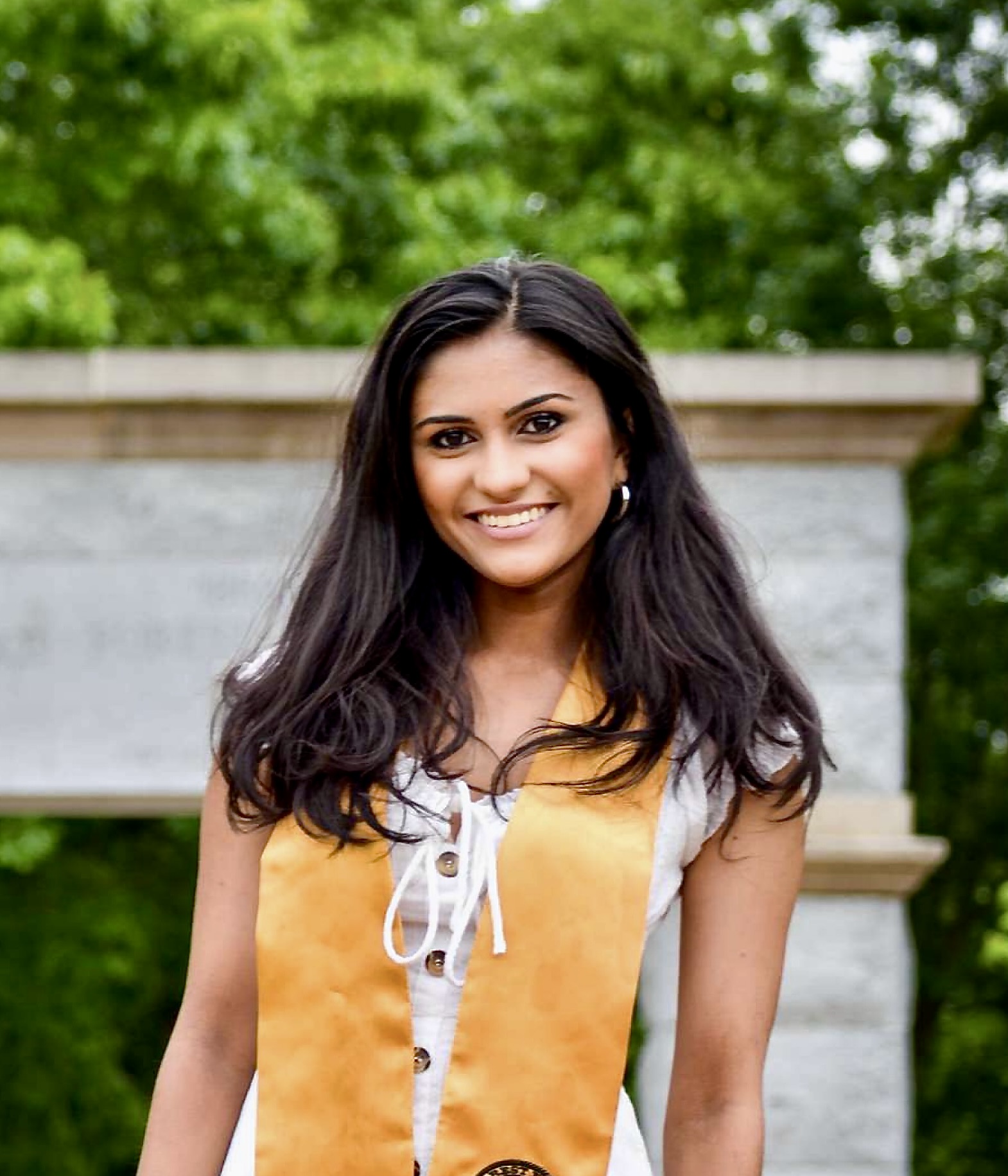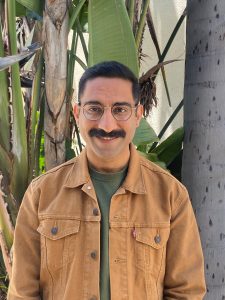The UNC Center for Media Law and Policy is pleased to announce the first-place winner of the annual James R. Cleary Prize for the best student-published scholarly articles on media law and policy. The award comes with a $1,000 cash prize.

This year’s winner is Anjali Purohit. She is entering her third year at the University of North Carolina School of Law, where she will serve as an Articles Editor for the North Carolina Journal of Law and Technology during the 2025–2026 academic year. She received her undergraduate degree from Wake Forest University, where she double-majored in Sociology with a concentration in crime and criminal justice, and Spanish. Following graduation, Anjali worked for two years at litigation firms in Philadelphia, gaining valuable experience in legal research, discovery, and trial preparation.
Her article, “Love at First Swipe: How Dating Apps Compromise User Privacy and Data Protection,” examines regulatory gaps in U.S. privacy law and the risks associated with modern data collection practices. The piece highlights how dating apps collect and share sensitive personal information, often through vague privacy policies and without meaningful user consent. It also proposes a system where strong privacy settings are enabled by default, and users can customize them to create a personalized profile that applies seamlessly across multiple platforms.
This summer, Anjali is interning with the North Carolina Department of Justice in the Health Services Section. She hopes to pursue a legal career that combines her interests in technology, consumer protection, and public service. In her free time, Anjali enjoys playing piano, exploring local coffee shops, and watching college basketball.


 A new study authored by
A new study authored by 

